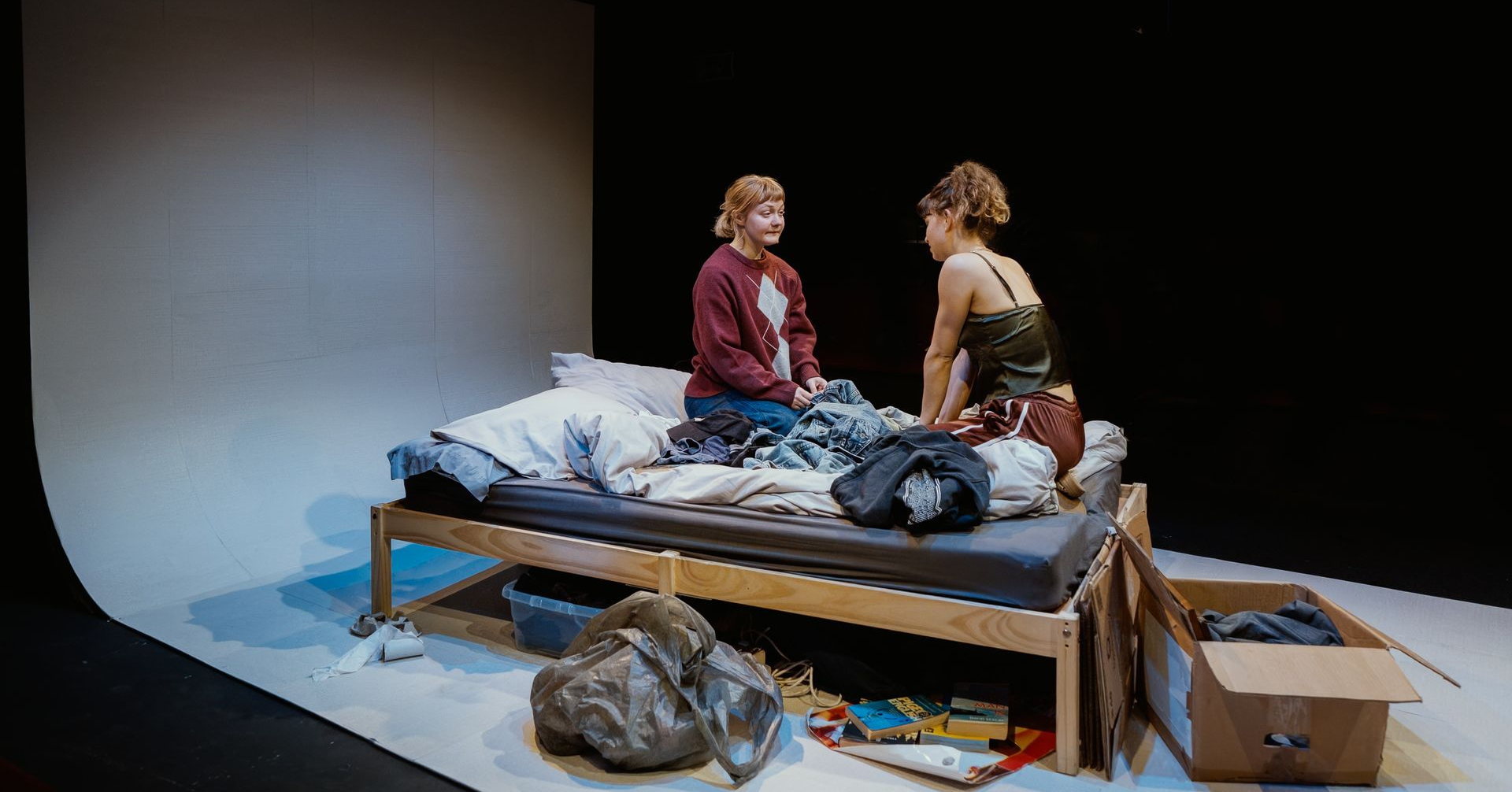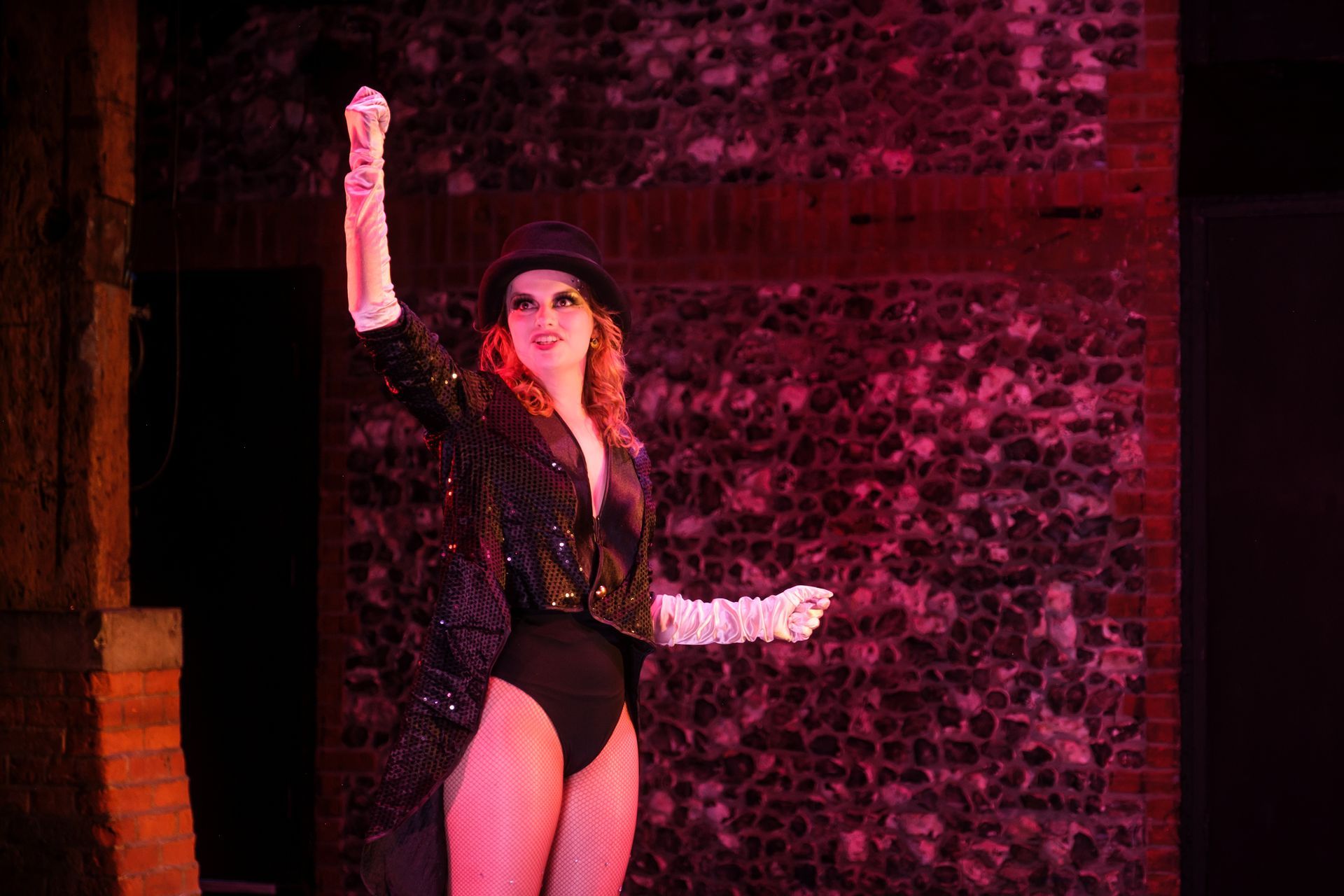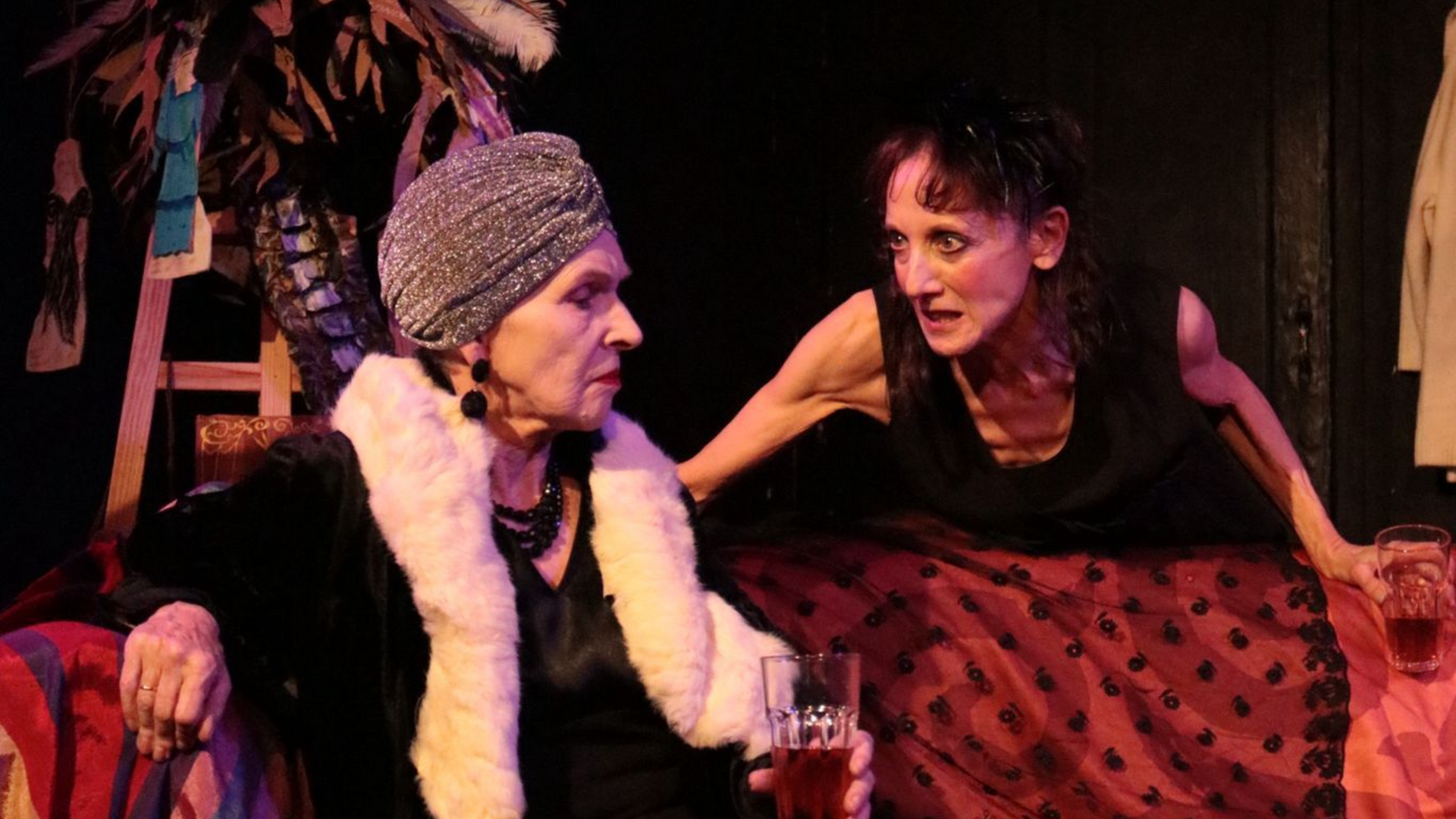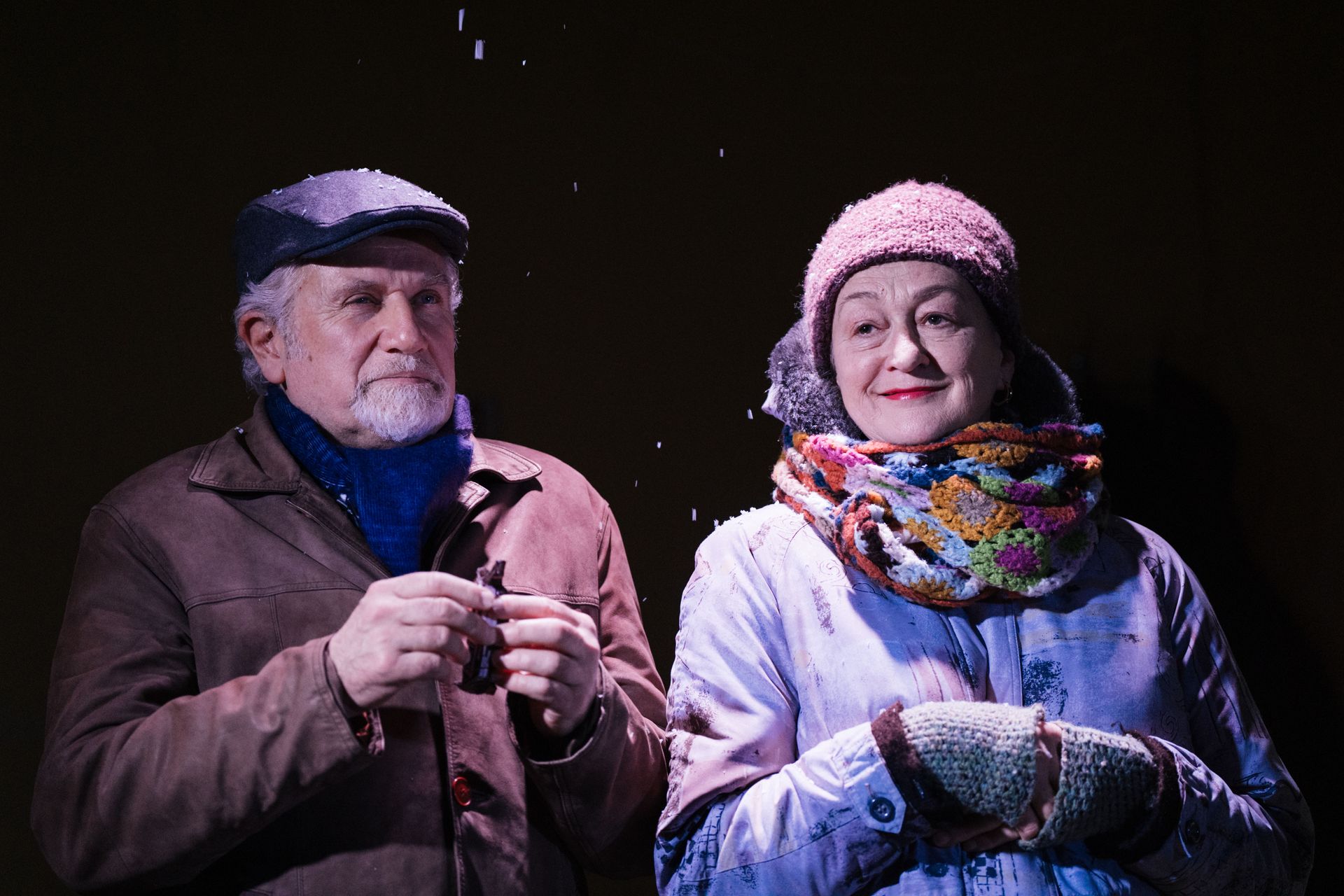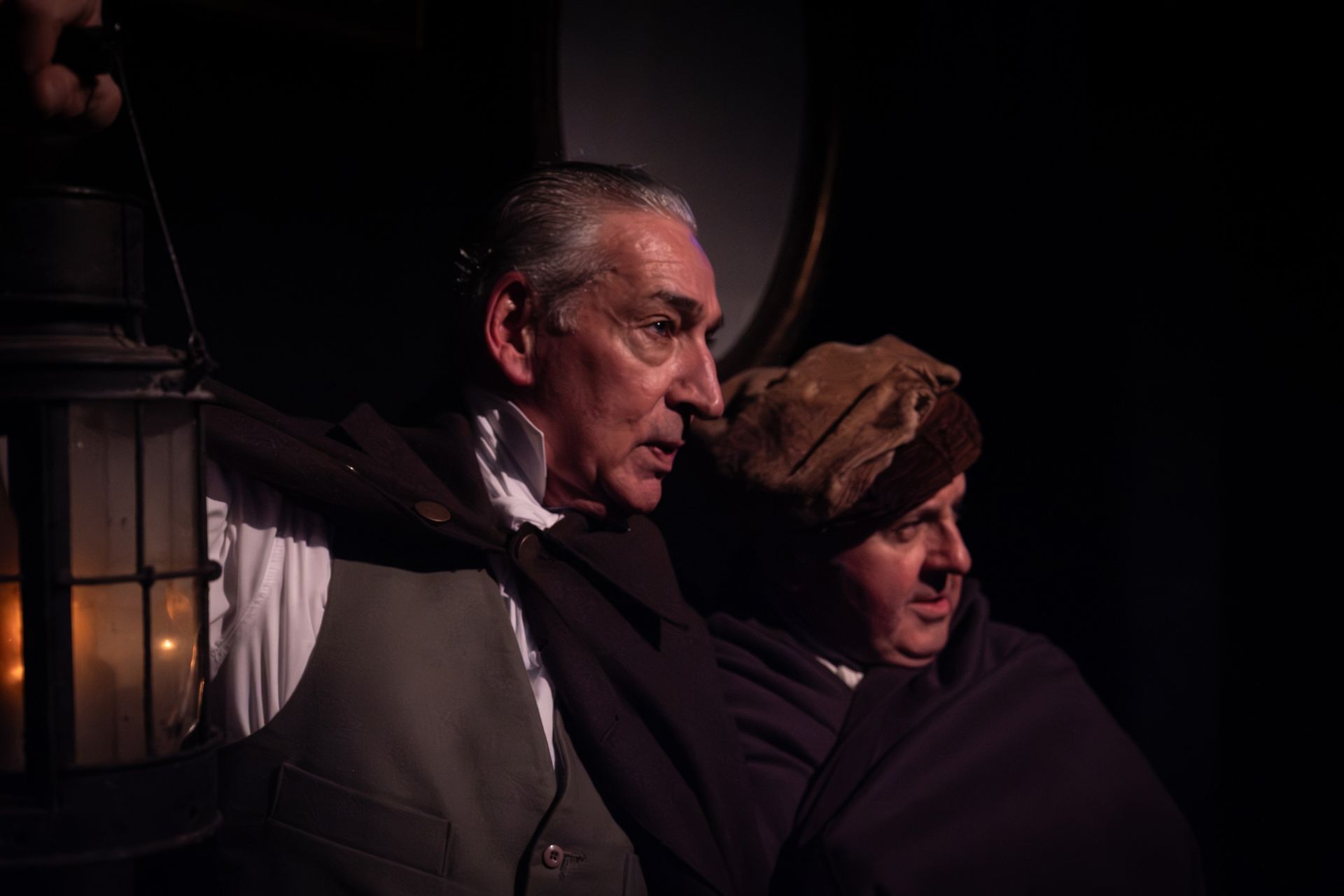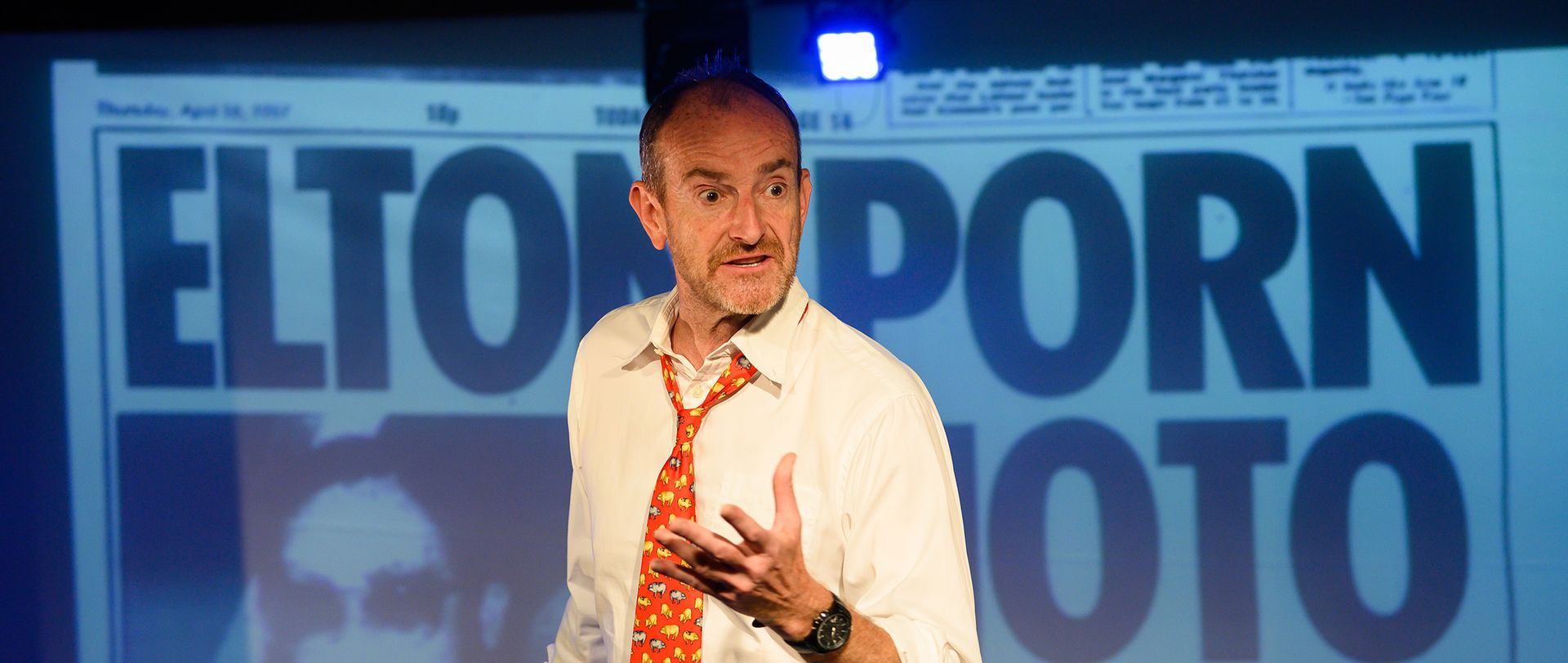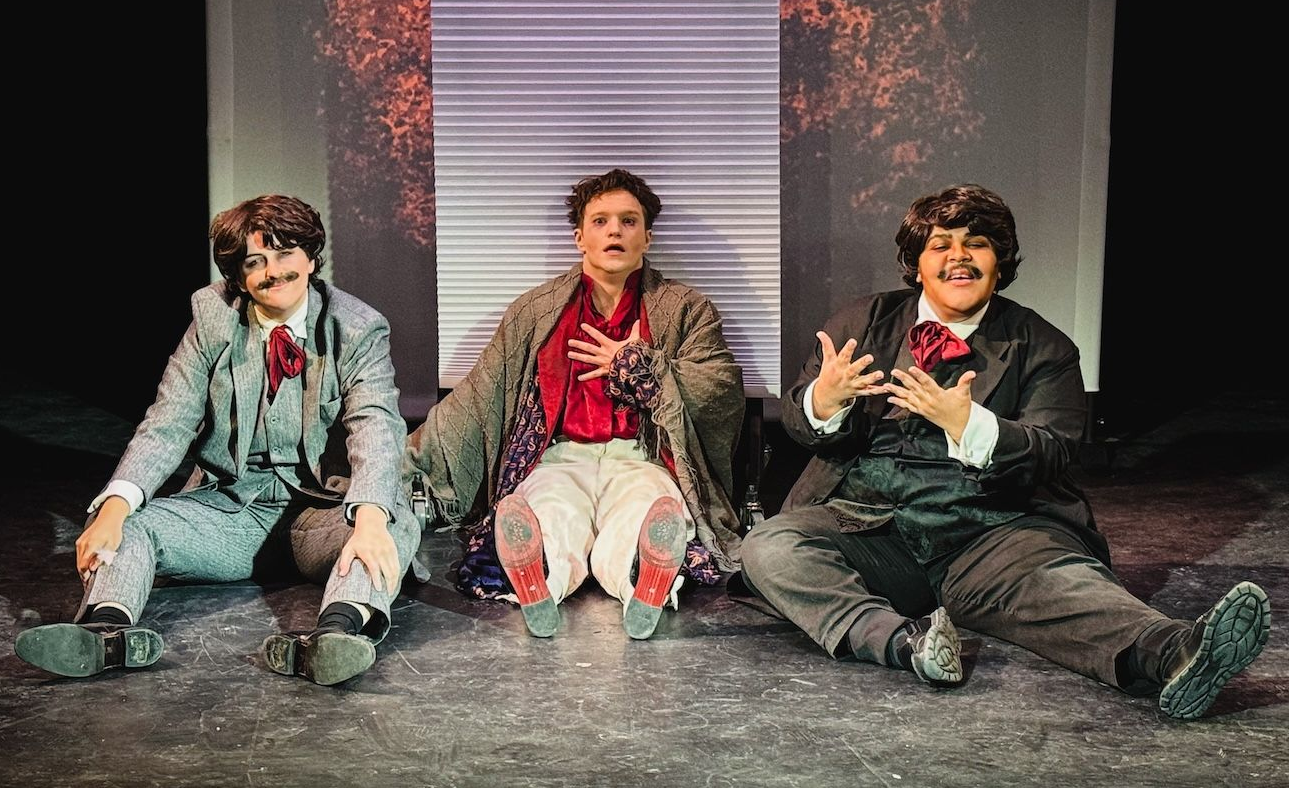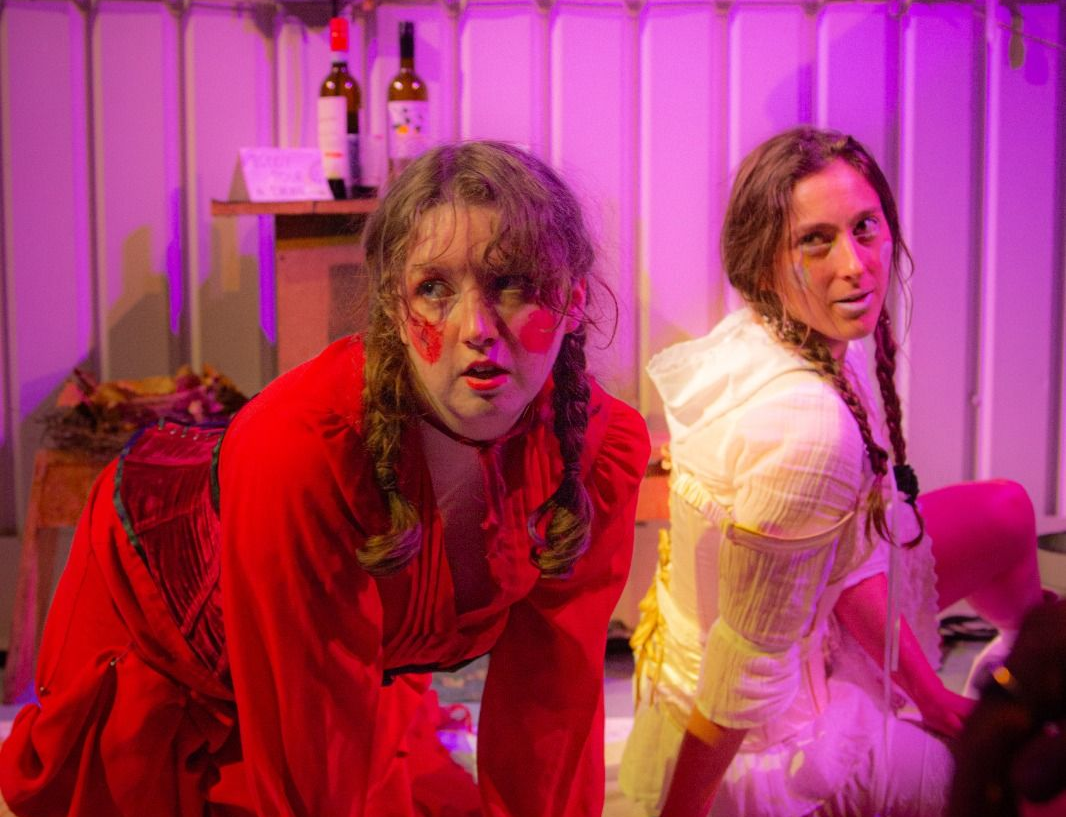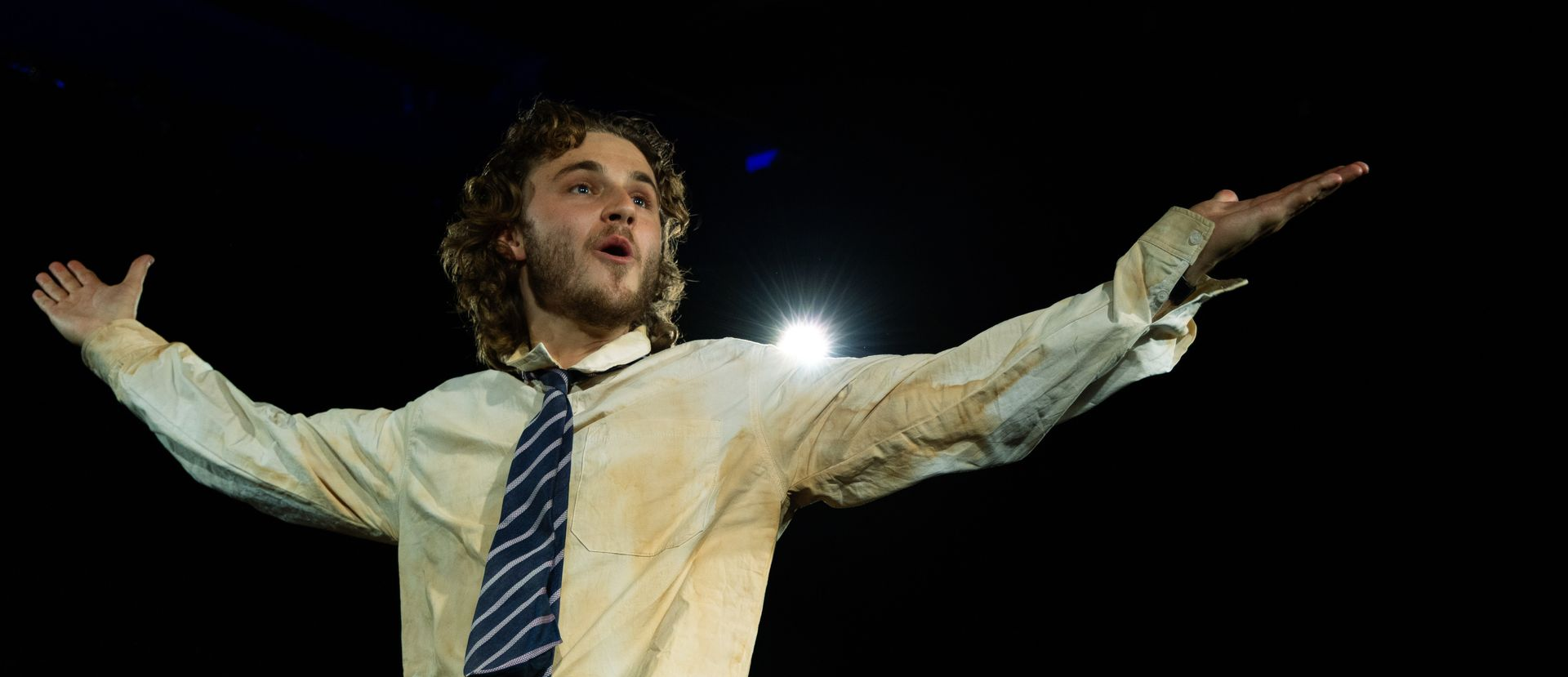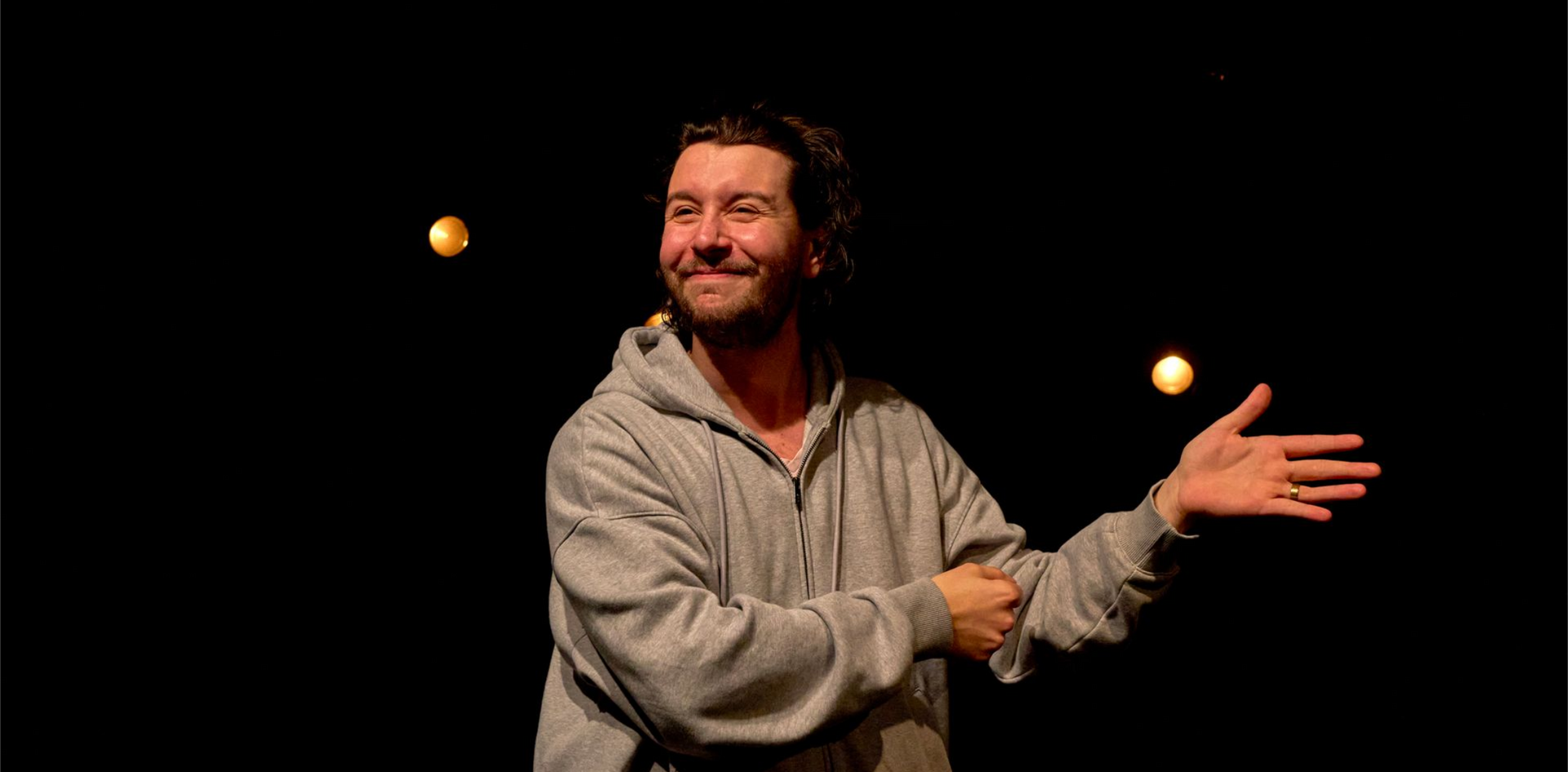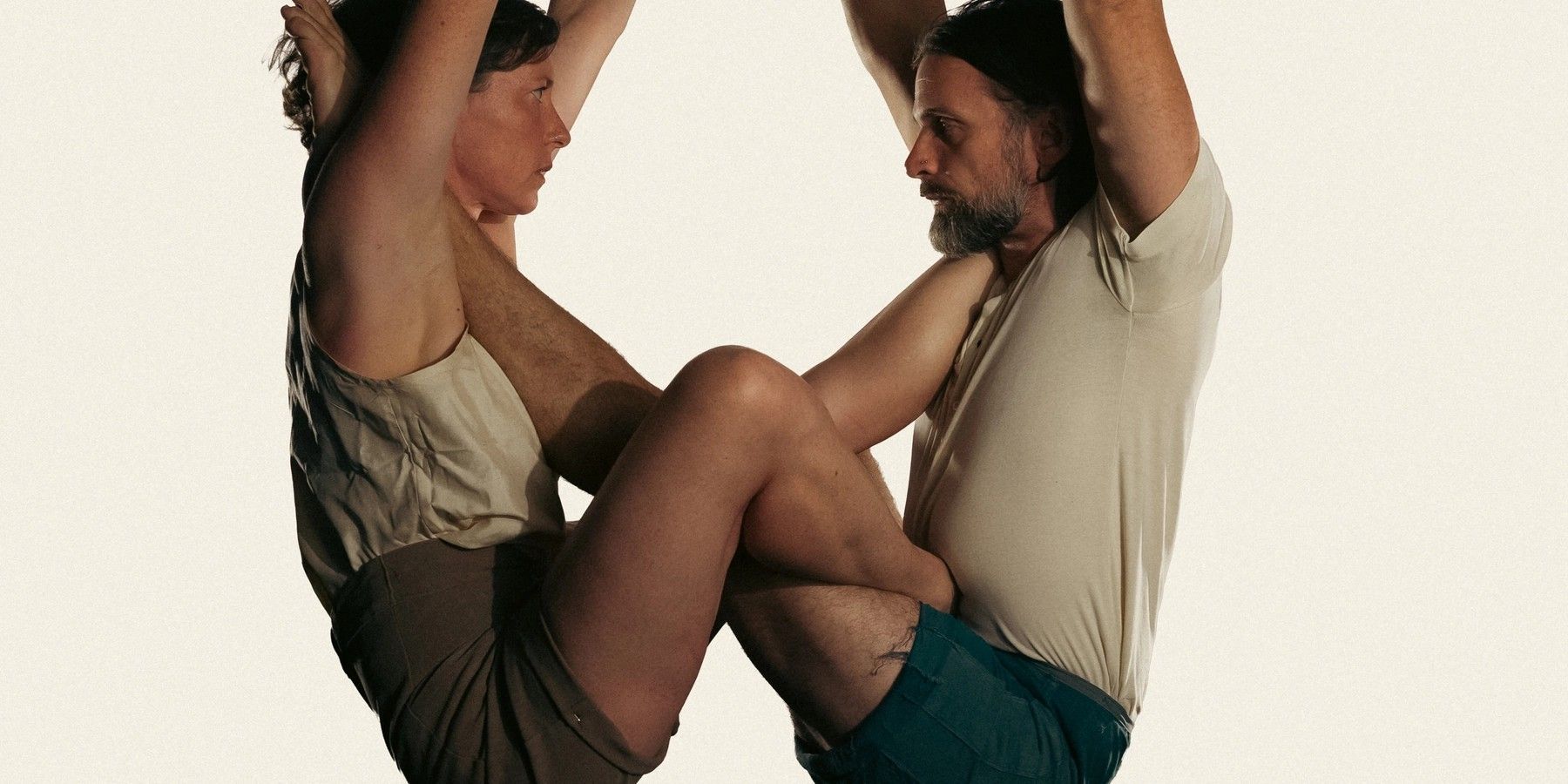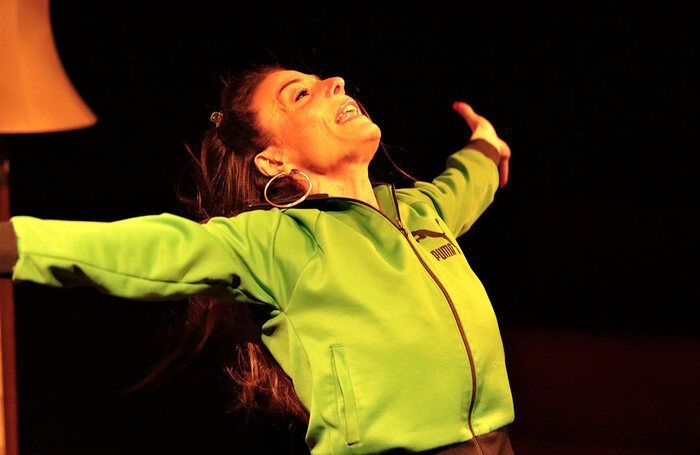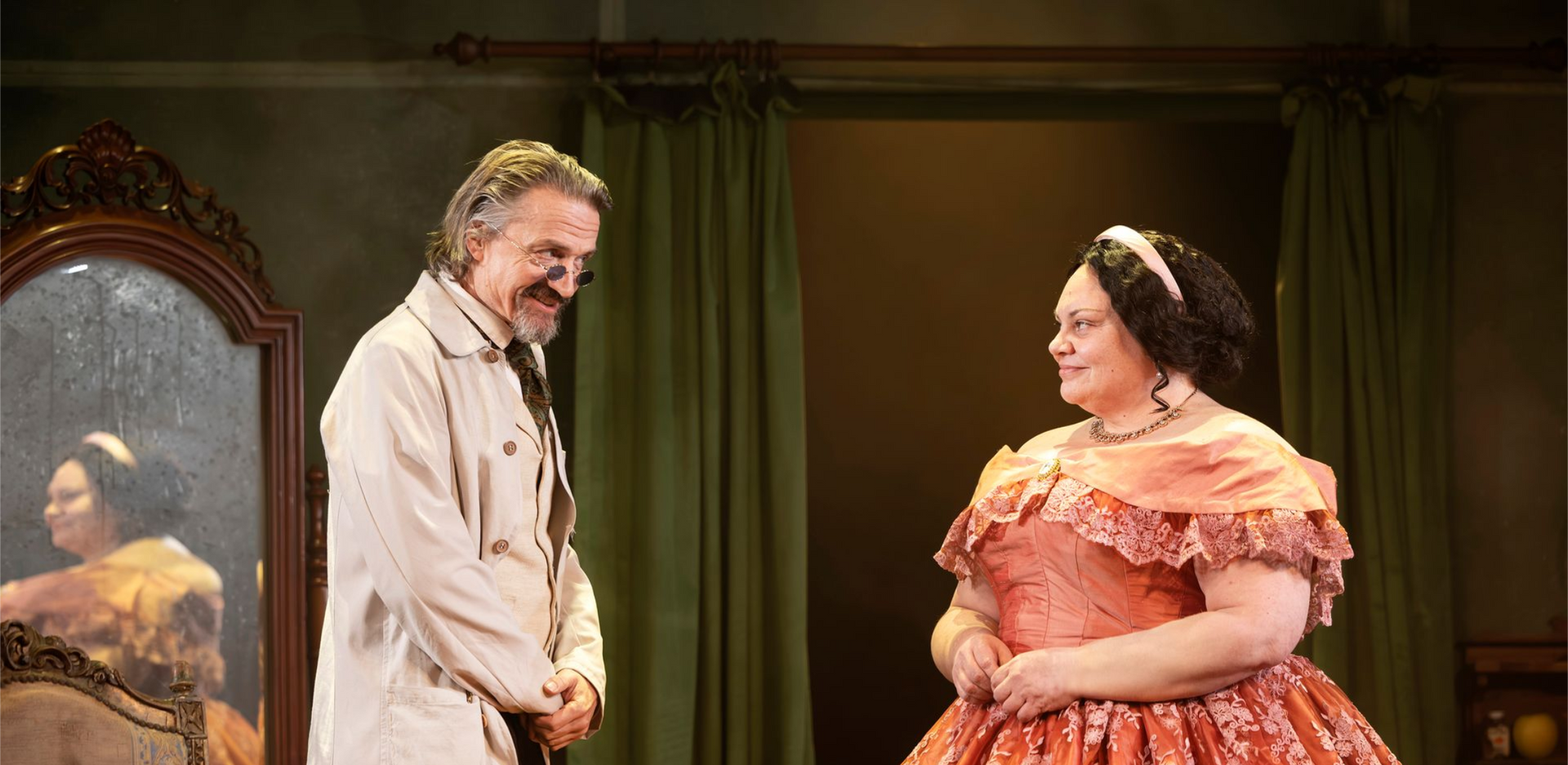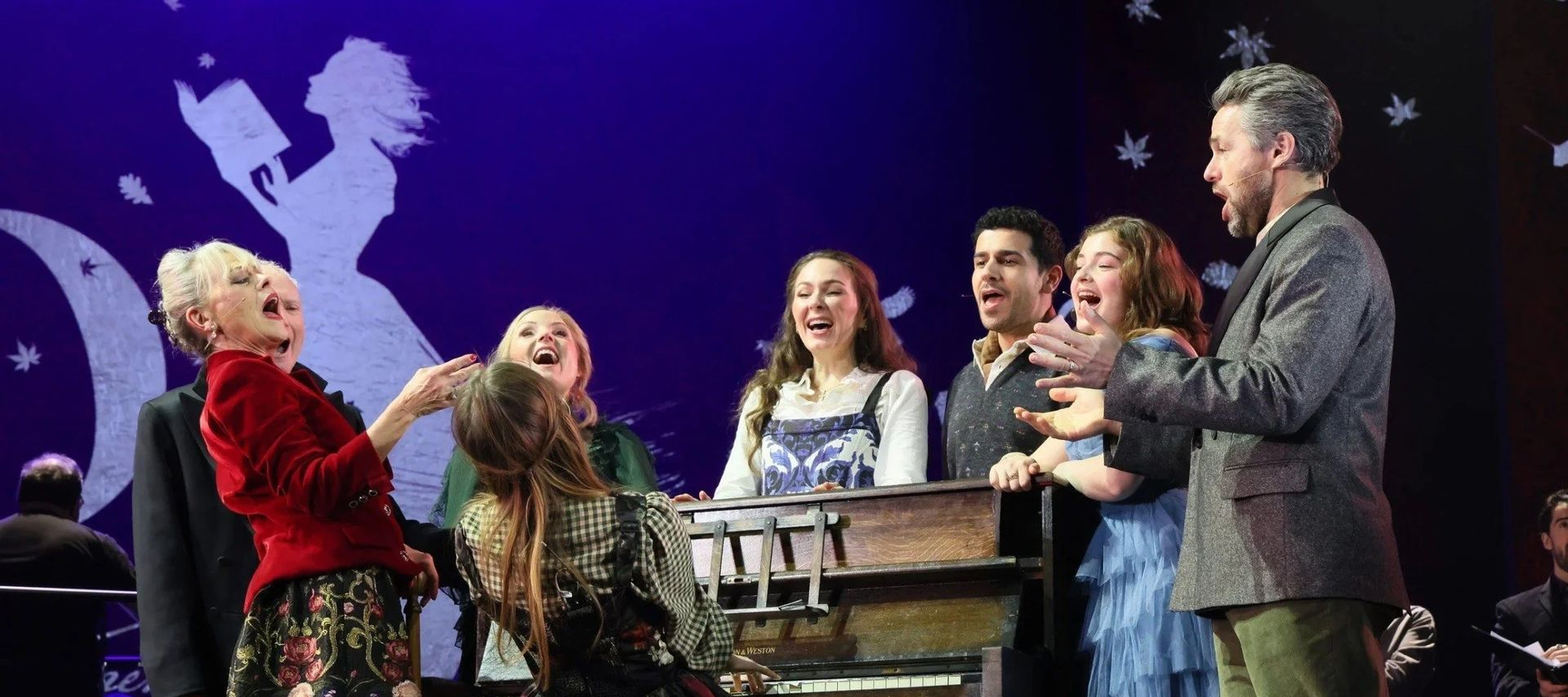by Mariam Mathew
•
27 January 2026
‘a story for all, which will transcend time’ ★★★★★ Opening with the song, The Pickwick Portfolio, is a brilliant way to ‘set the stage’ for understanding the many individuals in Louisa May Alcott’s classic, LITTLE WOMEN, with its allusion to another illustrious writer, Charles Dickens. The musical centres on Jo March, who dreams of being a published author. Yet it possesses the full kaleidoscope of characters, although only in relation to this fiercely independent second sister of four, living in Massachusetts during the American Civil War. With a 27-piece orchestra, 6-person chorus, and an energetic conductor, this epic musical has songs that sweep through the audience and quells any concerns about whether we will be in good hands for this beloved classic. The musicians are completely on point, working as hard as the cast (the 6-person chorus had moments of respite as they sat on their seats at moments). Each song has the ability to propel the story forward without gimmicky, catchy lines; rather, the music is elevated, moving, and at times epic. Jo (Christine Allude) is magnificent, with a voice that has incredible power and subtlety, mingled with an ability to perform with sincerity and fun, as the role requires. What energy she has! West End royalty Kerry Ellis, well loved as Elphaba in Wicked, is Marmee (the March sisters’ mother) and is a wonderful anchor to the show. Her key song (called Little Women) about the individuality and strength of her girls is one that reprises and reminds us of the love and freedom of her parenting and example. There are so many moments which are moving between the many characters in this production, and they all bring their best foot forward marvellously. Besides the beauty of the music and the fantastic characters, there are some lighter moments of excellent humour. When the phrase, “Americans love their melodrama” is stated, the audience titters, and when Jo’s German love-interest, Professor Bhaer (Chris Mann) responds to the question of “Are you a romantic?”, he responds, “Yes, I’m German”, the audience roars. There are some lines comparing the English and Americans which land well also. Of course, bad-tempered Aunt March (Tracie Bennett) steals the show with her fantastically timed “grumpy old woman” antics. The long-shared story of the March family continues to move and enthral, covering topics such as class and love, war, art, sorrow and loss, and the struggles among siblings in a large family. Jo’s love of writing makes one consider what challenges Alcott herself must have faced as a female writer in her age. Interestingly, the cast pronounced Concord (their hometown in Massachusetts) as ‘conquered’, and I couldn’t help wondering if Jo felt conquered and had to be resigned to staying home instead of exploring the world as she had so often dreamed of? Perhaps she learned from her tragic sister Beth’s love of home that 'there is no place like home' (oh, but that’s another musical, isn’t it?). The staging is flexible and beautiful as it would have to be with instruments taking over two-thirds of the stage. However, the costumery didn’t seem consistent with the time period, particularly by the dancing ensemble, but still provided a visual feast (even if at times it resulted in confused curiosity). It is a grand production, at almost 3 hours long, and perhaps could have benefited from one less song in the second act (the person next to me pulled out her phone towards the end and I had to admonish her). This musical may be about ‘little women’, but it is large on musicality and story. Well written (Harding, Kaladziel) the spoken lines are fluid and interact with the lyrics flowingly. This is a grown-up musical (with a starry – no - cosmic - cast) based on a book written for young people … which means it is a story for all, and will transcend time. JO – THE LITTLE WOMEN MUSICAL in Concert at Theatre Royal Drury Lane Sunday January 25, 2026, at 7pm Original novel written by Louisa May Alcott Music by Dan Redfeld Book and Lyrics by Christina Harding and John Gabriel Kaladziel Performed by Christine Allude, Tracie Bennett, Kerry Ellis, Eleanor Grant, Barry James, Chris Mann, Kelly Mathieson, Miyuki Mirage, Julian Ovenden, Sophie Pollono, Tobias Turley, Liam Tamne, Yazdan Qafouri Ensemble/chorus performers: Vocals Unlimited with Tom Pearce (Choirmaster) Orchestral management is by Isobel Griffiths Ltd. General Managers are New Road Theatricals. Directed and choreographed by JoAnn M. Hunter
